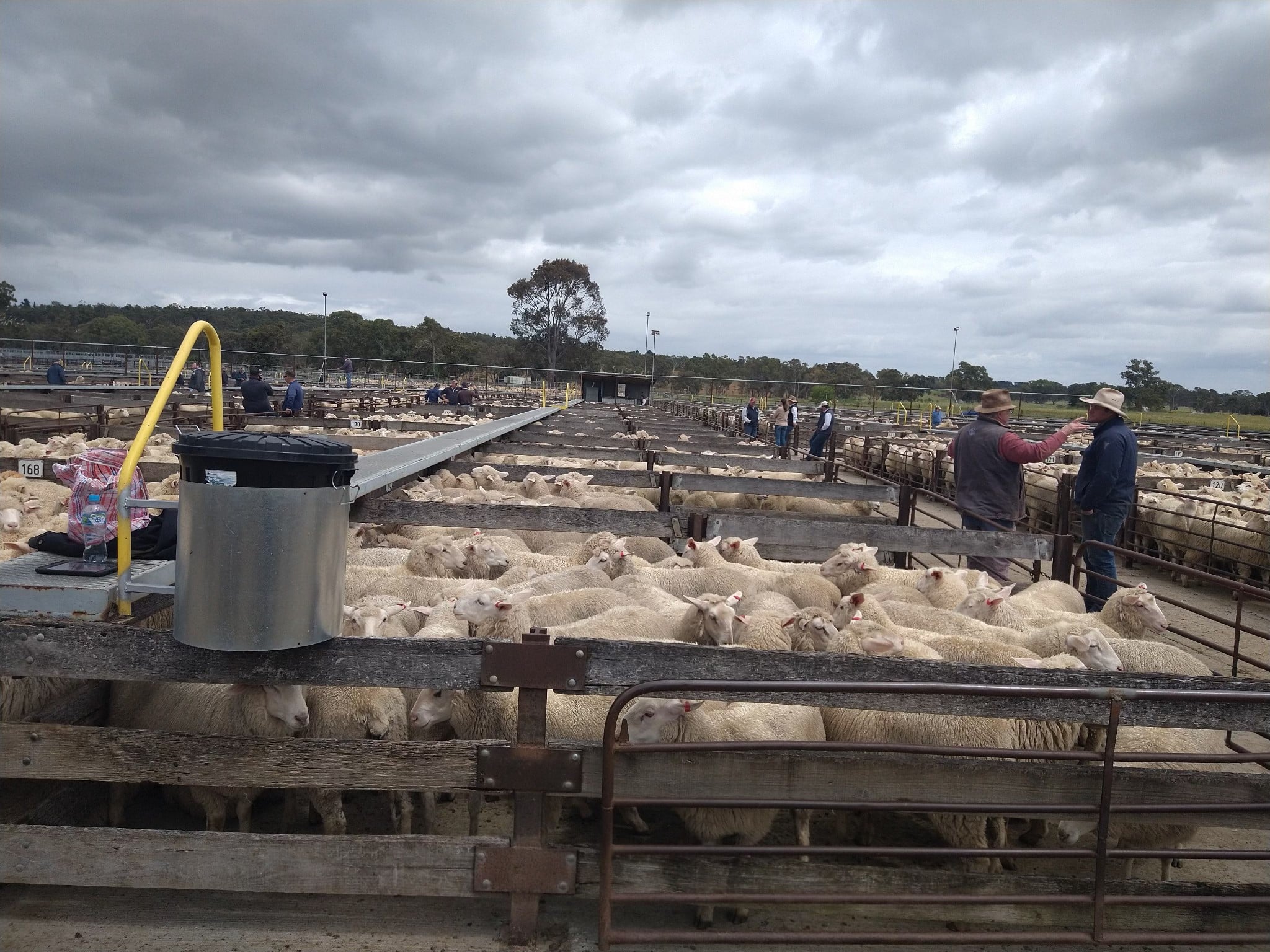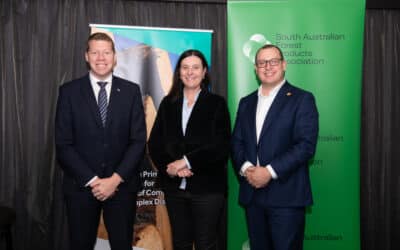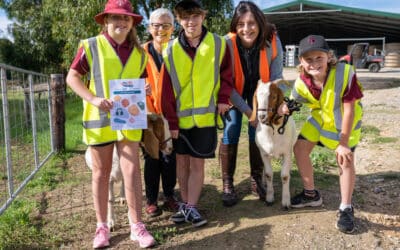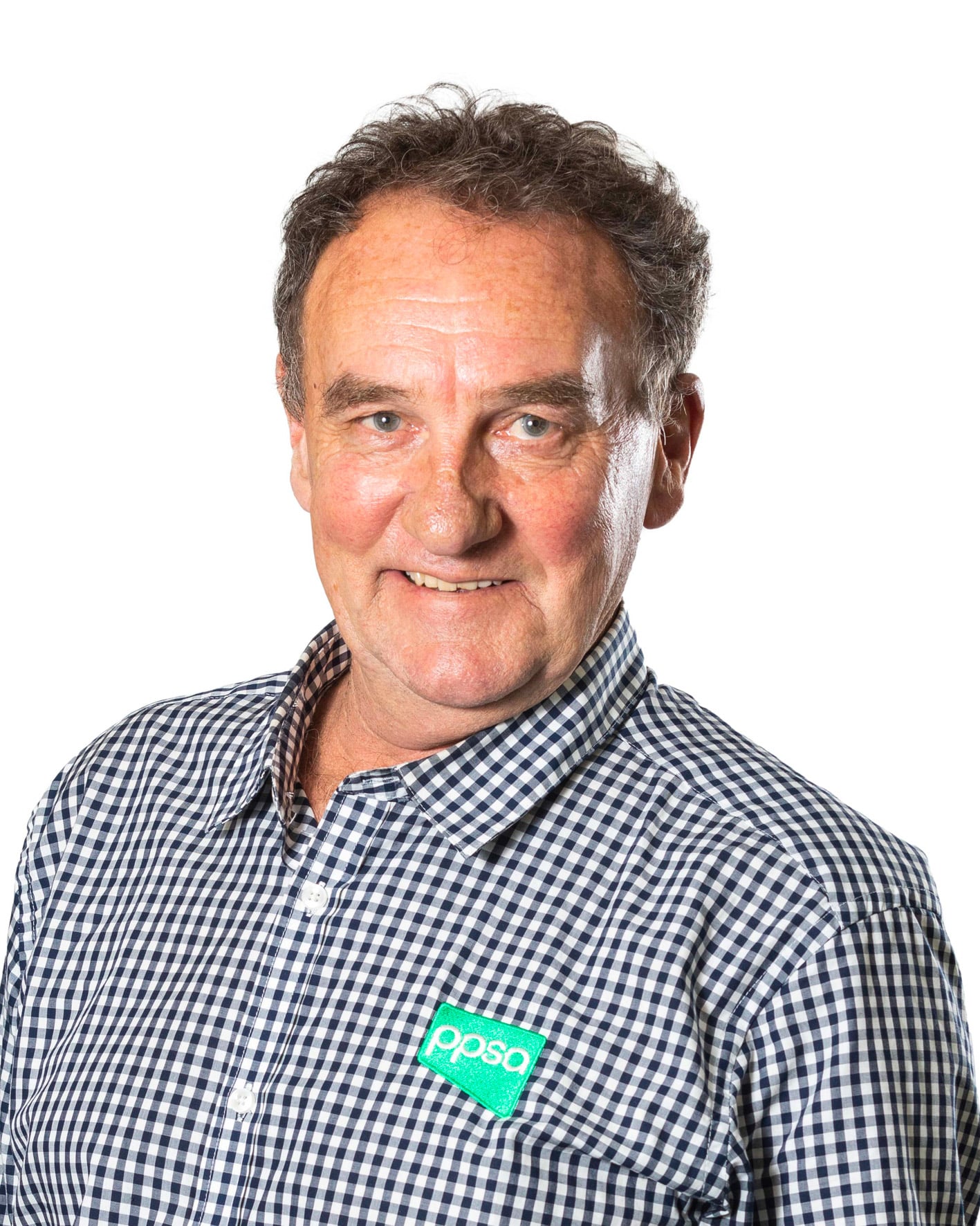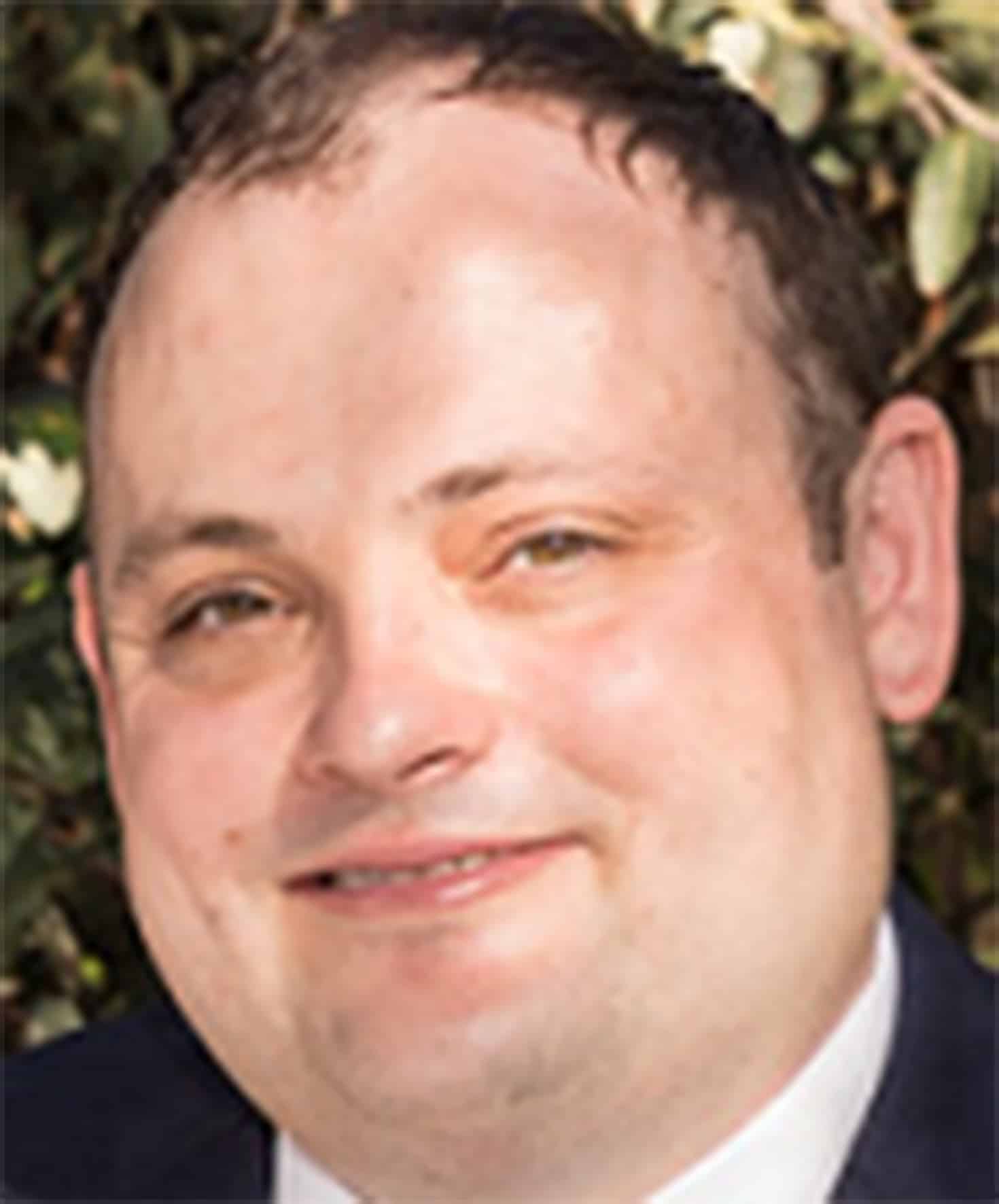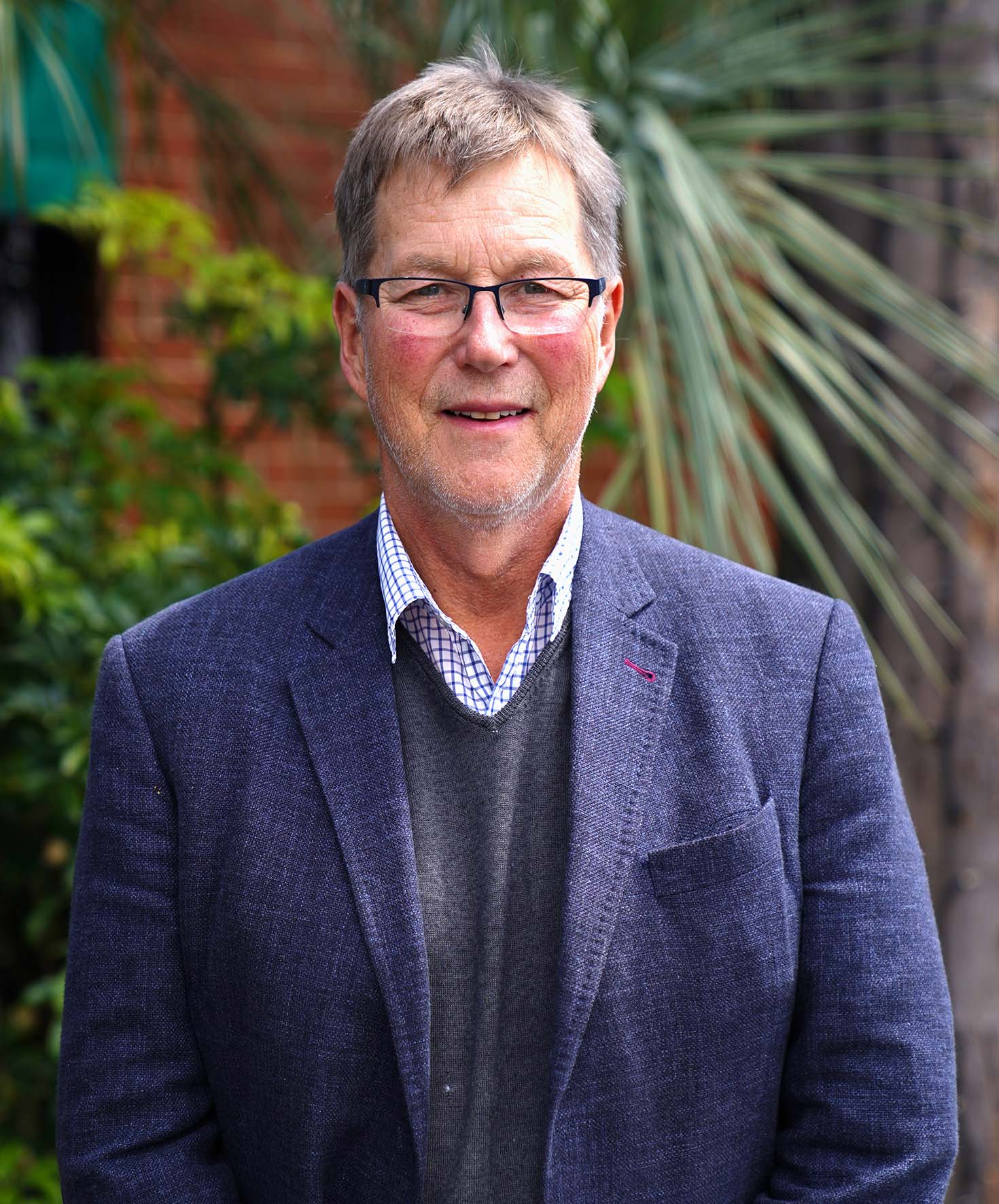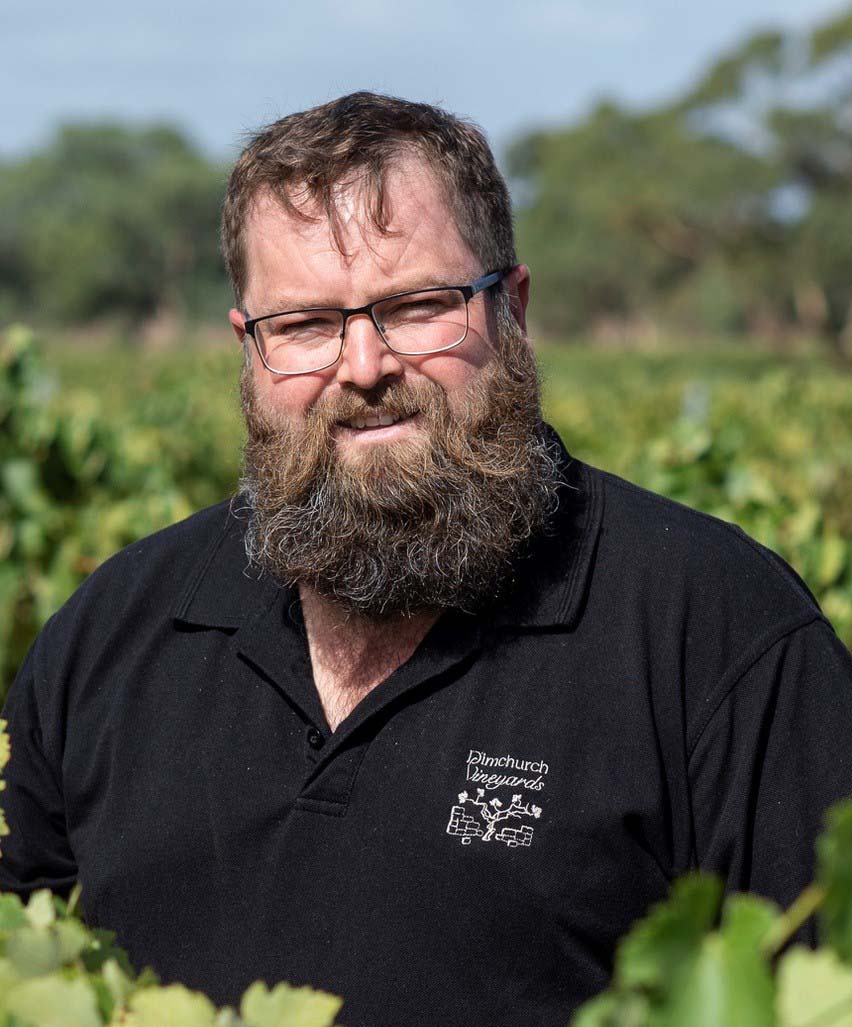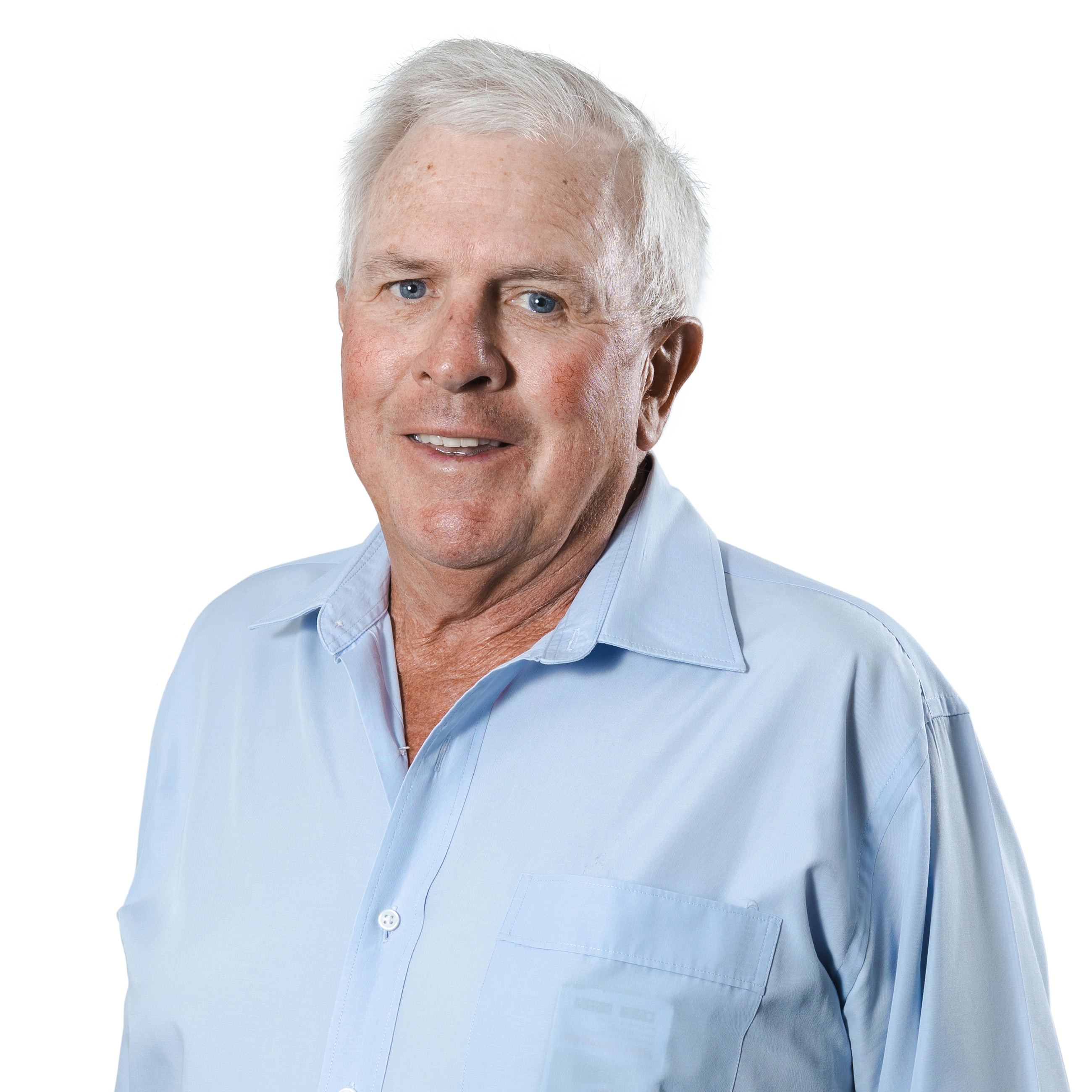Primary Producers SA has welcomed the announcement of $6.8 million in State Government funding to protect against Emergency Animal Diseases.
PPSA has advocated for increased investment in biosecurity support, to help protect SA’s farming sector against the looming threat of disease incursion from the north.
Since that time, PPSA has been working alongside its commodity group members, including Livestock SA and the South Australian Dairyfarmers’ Association, in the fight against Emergency Animal Disease incursions.
PPSA Chair Professor Simon Maddocks said it was pleasing that the State Government had committed this support and engagement in this fight against EAD events.
He said it was particularly pleasing that the funding announced this week would be used on extra equipment, including mobile laboratory facilities, and boosting staff resources in regional areas.
Prof Maddocks said this week’s funding announcement was well-timed, with the risk of incursions growing at this time of year, with a busy travel period and wet northern conditions increasing the risk of disease incursions.
“This time of year, as more people take the opportunity to travel, we need to be extra vigilant about biosecurity. With more people travelling, Foot and Mouth Disease is a particular concern,” Prof Maddocks said.
Climatic conditions in the north of Australia were also adding to the EAD risk.
“With Lumpy Skin Disease being vector borne, and the wet season in the north underway, even greater vigilance against LSD is needed,” he said.
Prof Maddocks said protecting South Australian farmers from disease was essential to support both on-farm productivity and to help underpin our international competitiveness in the trade of agricultural goods.
A key aspect to this was ensuring awareness in the broader community about the importance of biosecurity and the risk of disease outbreaks.
Modelling from ABARES has shown that a large outbreak of FMD could potentially cost the Australian economy about $80 billion across 10 years.
“We don’t want people to be complacent about biosecurity,” he said.

